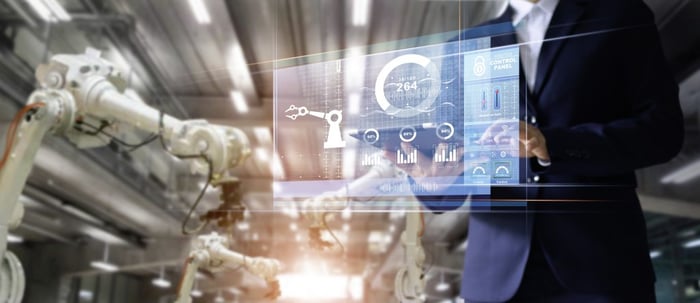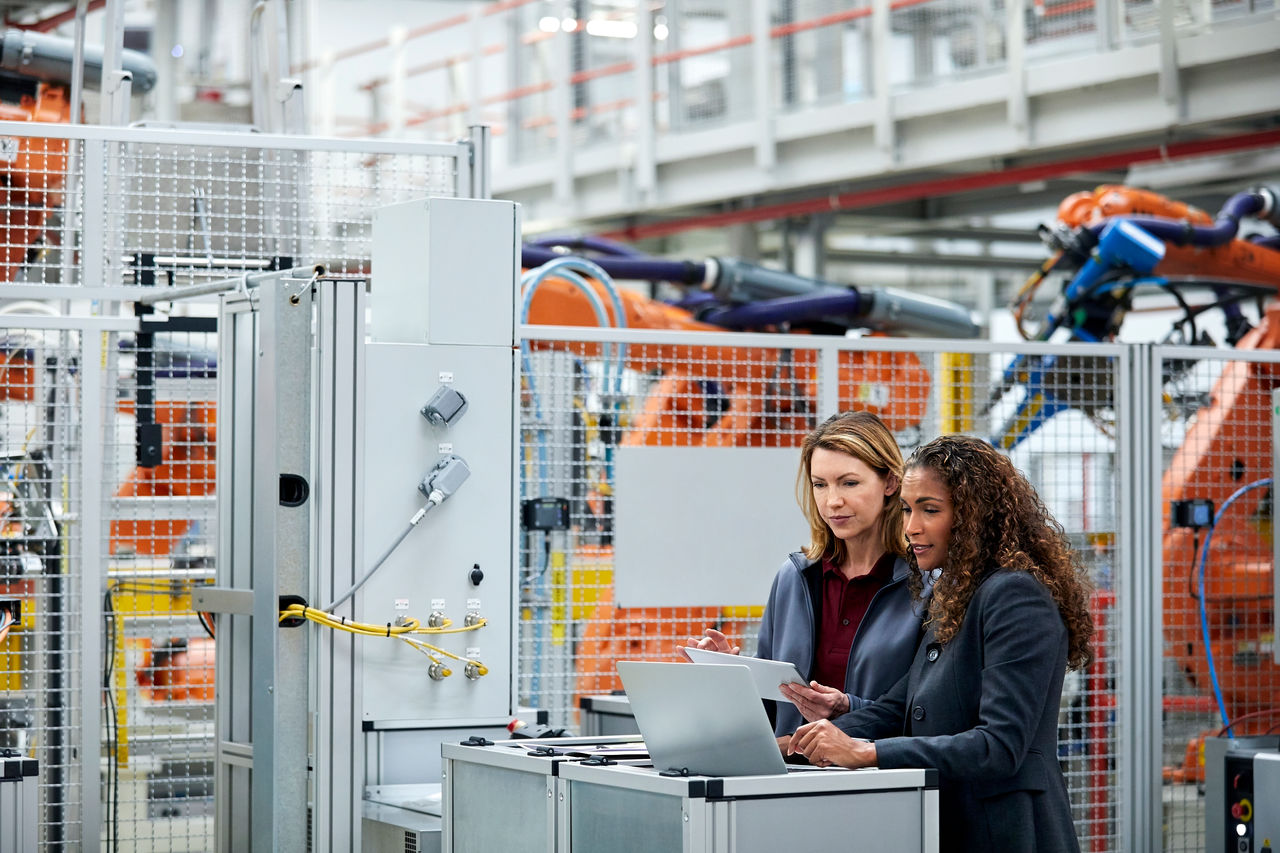In a constantly evolving world, the manufacturing industry is transforming at high speed to meet the challenges of the 21st century. The advent of Industry 4.0 marks a major transition from automated factories to smart factories, where cutting-edge technologies and connectivity are reinventing industrial processes. Through the inspiring words of the Chief Technology Officer of SBL Energy – TechCircle, let’s dive together into this revolution that redefines production standards and reinvents the future of the industry.
Table des matières
ToggleEvolution of Factories: From Automation to Intelligence with Industry 4.0

The manufacturing industry is experiencing an unprecedented technological revolution thanks to the advent of Industry 4.0. To better understand this transformation, we interviewed the CTO of SBL Energy, a pioneering company in this field. Here are the key points from our discussion.
What is Industry 4.0?
Industry 4.0 represents the fourth industrial revolution, characterized by the integration of technologies such as the Internet of Things (IoT), Artificial Intelligence (AI), and Big Data into production processes. Unlike older automated factories that focused on optimizing repetitive tasks, today’s smart factories benefit from the ability to analyze vast volumes of data in real time.
The Advantages of Smart Factories
Smart factories offer several essential benefits:
- Process optimization: Through advanced analytical capabilities, production lines can be adjusted in real time to maximize efficiency.
- Predictive maintenance: IoT sensors enable the prediction of failures and the scheduling of interventions before a problem occurs.
- Mass customization: Customers can now obtain customized products at no additional cost thanks to flexible production lines.
The Importance of Cybersecurity
During the interview, the CTO of SBL Energy emphasized the importance of cybersecurity in smart factories. With the interconnectivity of machines and the intensive use of data, the risks of cyberattacks are increasing. It is crucial to implement robust protection systems to ensure data security and the continuity of operations.
The Challenges of Industry 4.0
Adopting Industry 4.0 is not without challenges. The CTO of SBL Energy mentioned several potential obstacles:
- High initial costs: Digital transformation requires significant investments in technological infrastructure.
- Staff training: Personnel must be trained to master new technologies, which can slow down the adoption process.
- Migration of existing systems: Older infrastructures must be integrated or completely replaced to work with new technologies.
The Future of Smart Factories
The future of smart factories is promising. According to the CTO of SBL Energy, continuous advancements in AI and Big Data technologies will open new possibilities for hyper-customized production and fully optimized supply chains. We are moving towards a future where factories will not only be more efficient but also more resilient to market disruptions.
For more information on how to manage your privacy settings and protect your data during the transition to Industry 4.0, check out the privacy management tools available at this link.
The transition to smart factories is inevitable to remain competitive in the modern global economy. Companies must prepare now to take advantage of the benefits provided by Industry 4.0.

Vers une industrie 4.0 : synergies entre informatique durcie, automation et communication https://t.co/Xez3lArHxv
— Futura (@futurasciences) July 15, 2024




